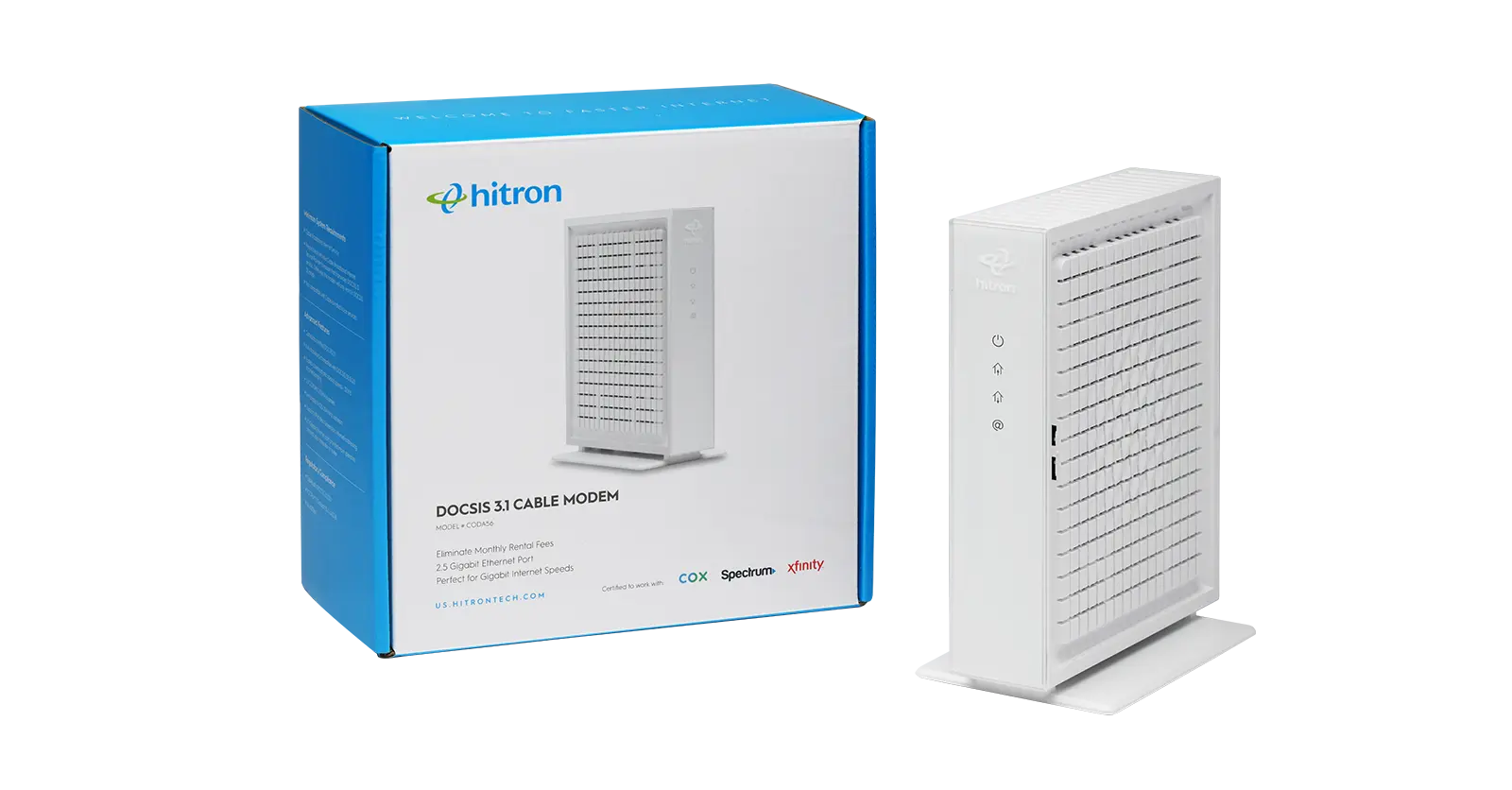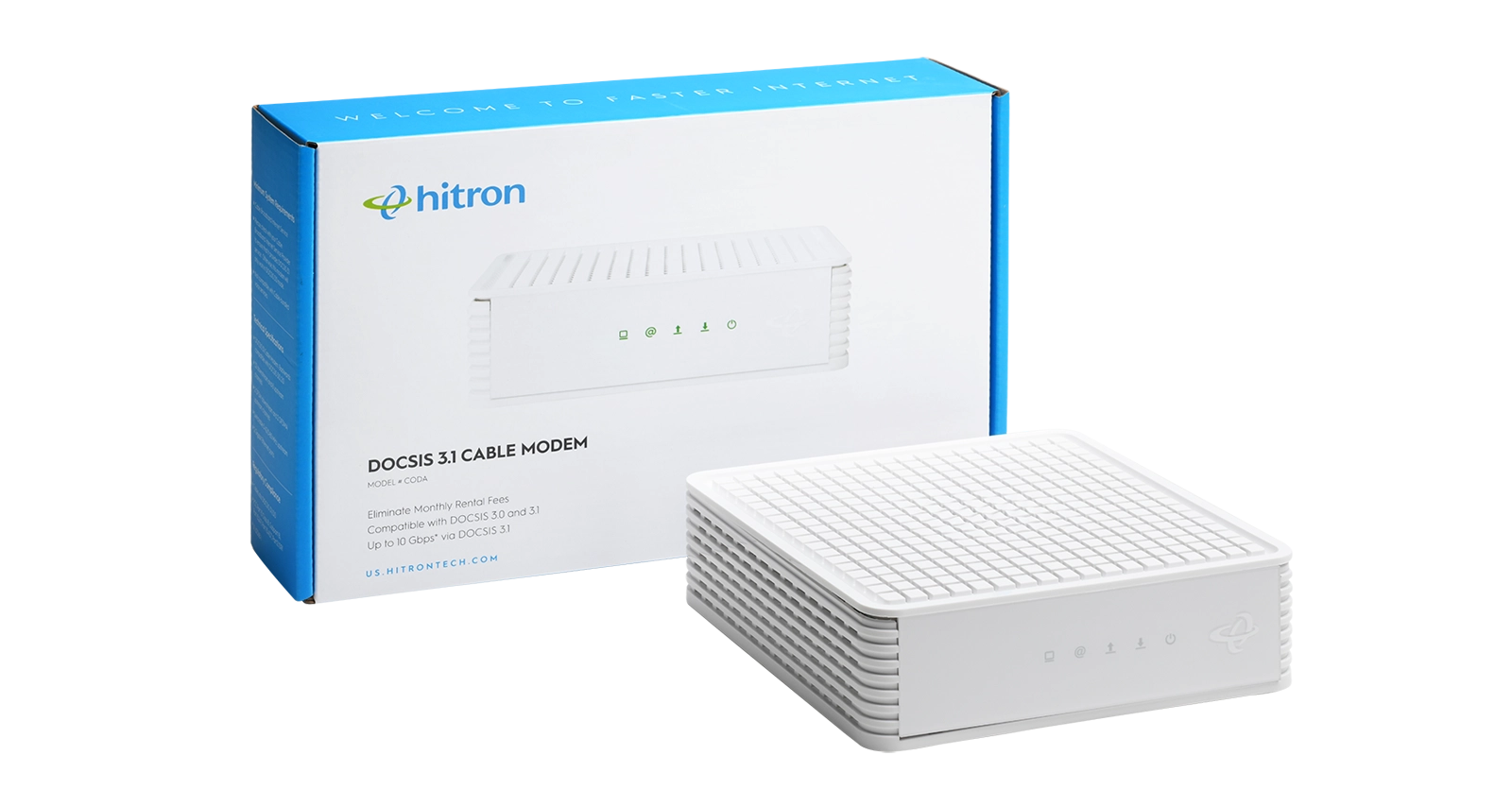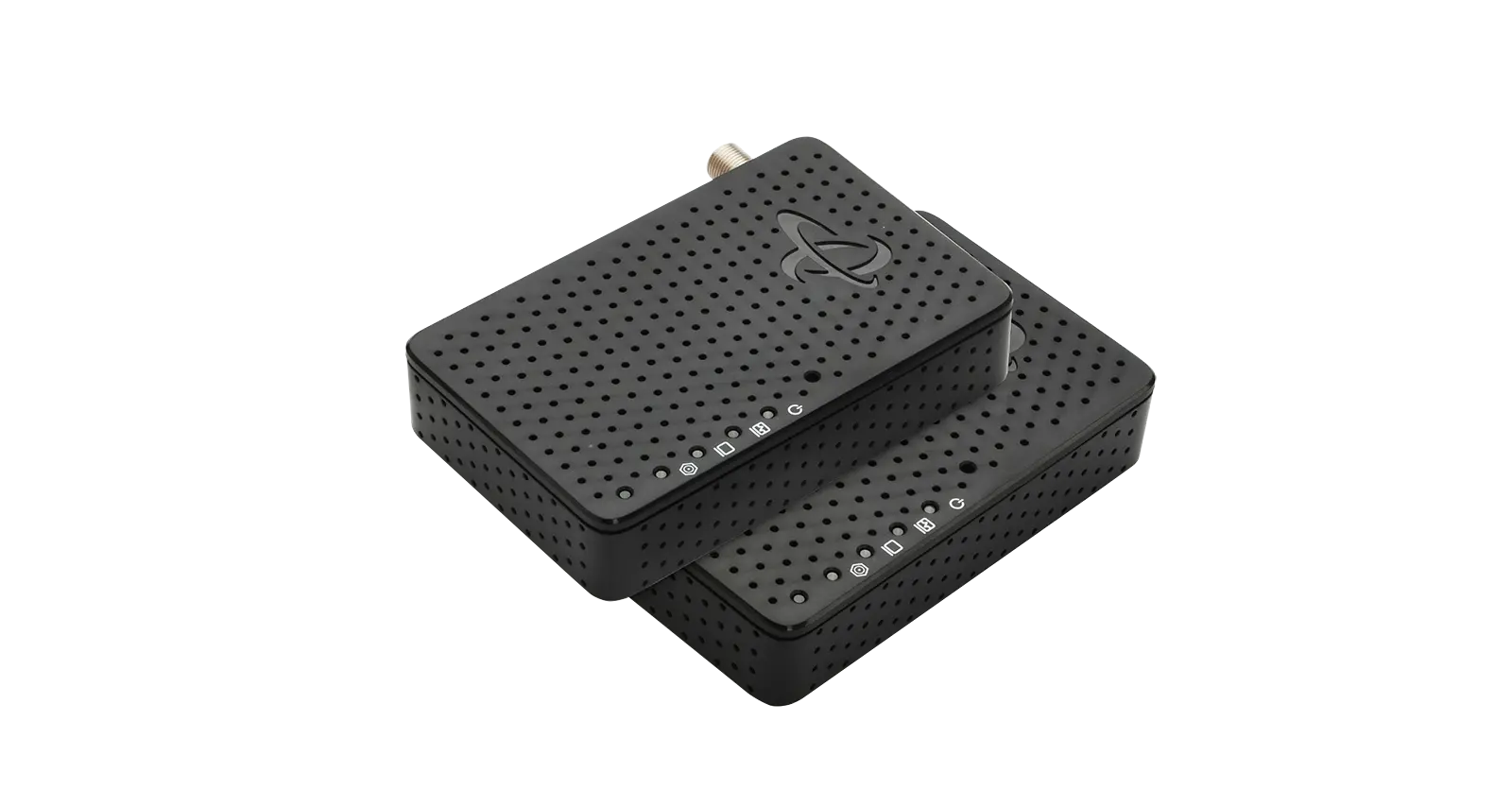In the fast-paced world of internet connectivity, 5G internet represents a significant advancement in mobile connectivity, offering faster speeds, lower latency, and increased capacity. We will explore the fundamentals of how 5G internet works, what equipment is needed for setup, and the importance of a data plan and SIM card from your ISP.
What is 5G Internet?
5G internet utilizes advanced cellular technology to transmit data between devices and nearby 5G cell towers. Unlike 4G, which primarily operates on lower frequency bands, 5G utilizes a broader spectrum, including high-frequency millimeter waves. This allows 5G networks to handle more data at higher speeds, making it ideal for applications like streaming HD videos, online gaming, and IoT devices.
How 5G Internet Works
Unlike wired broadband that relies on copper or fiber cables, 5G internet leverages cellular networks. Instead of tapping into a dedicated physical connection, a 5G router in your home connects to 5G cell towers, similar to how your smartphone receives mobile data.
Key components of 5G Internet include:
- 5G Towers: Infrastructure that broadcasts high-frequency signals to deliver data
wirelessly. - 5G Router or Modem: Equipped with a SIM card, this device converts the cellular signal
into a home Wi-Fi or Ethernet connection. - Multiple Frequency Bands: 5G can use low-, mid-, and high-band frequencies. Each
offers different ranges, speeds, and penetration capabilities.
5G Internet – Equipment Needed
To get started with 5G home internet, you’ll need the right hardware:
- 5G Router or Modem:
At the core of your setup is a 5G-compatible router or modem, such as Hitron’s D60 5G Router. This device receives the 5G signal from nearby cell towers and converts it into a usable home network. Some ISPs supply their own 5G routers, while others allow you to choose from approved third-party options. - SIM Card and Data Plan:
Just like a smartphone, your 5G router requires a SIM card tied to an appropriate data plan. You’ll need to contact an ISP that offers home 5G service. Ensure the plan includes enough data to meet your household’s usage patterns, whether that’s streaming 4K content, gaming online, or using smart home devices. - Optional Antennas or Signal Boosters:
If your home is on the edge of 5G coverage or you face obstacles that weaken the signal, external antennas or signal boosters may help improve performance. Not everyone will need these, but they can be useful in certain environments. - Mesh Wi-Fi Systems or Extenders (If Needed):
If you have a larger home or find dead zones where Wi-Fi is weak, adding a mesh Wi-Fi system or range extenders can help maintain strong, reliable coverage throughout your living space. Hitron’s D60 5G Router offers multi-mode which allows it to function as a standalone router, WiFi Range Extender or a Whole-Home Mesh system.
Before purchasing equipment, consider your internet usage, home size, and any specialized needs. This ensures you invest in the right combination of hardware and services.
Setting Up Your 5G Home Internet
Getting started with 5G can be simpler than installing traditional broadband:
- Check Coverage:
First, confirm your area’s 5G coverage. Check the ISP’s coverage maps or test speeds with a 5G-capable smartphone where you live. - Position Your Router:
Place the 5G router in a central, elevated spot—near a window or away from thick walls—to ensure a strong signal. Experiment with different locations for the best results. - Power and Activation:
Plug in the router, insert your SIM card, and follow the provided instructions to activate your 5G connection. Many routers, like Hitron’s D60 5G Router with Cellular (LTE) Failover, offer a user-friendly interface or mobile app to guide you through this step.
Connecting Your Devices to 5G Internet
Once your 5G router is online, it’s time to connect your devices:
- Wi-Fi Connection:
Locate your router’s SSID (network name) and enter the password to connect smartphones, laptops, smart TVs, and IoT devices to the network. - Wired Ethernet Connections:
Some users prefer wired connections for devices that benefit from more stable speeds. If your router has Ethernet ports, simply plug in an Ethernet cable to enjoy a direct, reliable connection. - Expanding Coverage:
If certain areas of your home have weak signals, consider a mesh Wi-Fi system. These mesh nodes work seamlessly with your primary 5G router to ensure even coverage in large or multilevel homes.
Data Plan Considerations for 5G Internet
Selecting the right data plan is a critical part of using 5G as your main home internet solution:
- Assess Your Usage:
Consider how much data your household uses. Streaming in 4K, online gaming, video conferencing, and using multiple devices simultaneously may require a plan with ample data or even unlimited options. - Compare Providers:
Different ISPs may offer varying 5G plans, each with unique pricing tiers and allowances. Compare options to ensure you get a suitable balance of cost, speed, and data.
- Check for Added Features:
Some ISPs include benefits like streaming service bundles or discounted mobile plans. Take advantage of promotions that align with your household’s interests.
5G Internet – Consider Costs and Benefits
When considering 5G internet, weigh its advantages and potential downsides:
- Pros:
- Quick, hassle-free setup without running cables.
- Potentially high speeds and low latency.
- Flexible router placement.
- A strong alternative for areas lacking fiber or stable broadband.
- Cons:
- Coverage and speeds may vary depending on your location.
- Some plans may have data caps or complex pricing.
- Performance may fluctuate based on network congestion.
Should You Switch to 5G Internet?
Switching to 5G internet offers several benefits that enhance your internet experience:
- Faster Speeds: Enjoy download speeds up to 10 Gbps, enabling quick downloads and smooth streaming.
- Lower Latency: Experience reduced lag with latency as low as 1 millisecond, ideal for real-time applications like gaming and video calls.
- Increased Capacity: Connect multiple devices simultaneously without sacrificing performance, perfect for smart homes and families.
- Reliable Connectivity: Improved network reliability ensures consistent connectivity, even in crowded areas or during peak usage times.
5G in Everyday Life
The impact of 5G extends beyond speed and latency improvements. Here are some practical applications you can benefit from:
- Enhanced Entertainment: Stream HD and 4K videos without buffering, enjoy immersive online gaming experiences, and download large files in seconds.
- Smart Home Integration: Control and monitor smart home devices with greater reliability and responsiveness.
- Work and Productivity: Conduct video conferences seamlessly, access cloud services faster, and collaborate in real-time from anywhere.
Whether you’re looking to enhance entertainment at home, streamline productivity at work, or integrate smart technologies seamlessly, 5G offers unparalleled speed, reliability, and capacity.
Hitron’s D60 5G router is available today on Amazon. Experience and embrace the future of connectivity with 5G.


